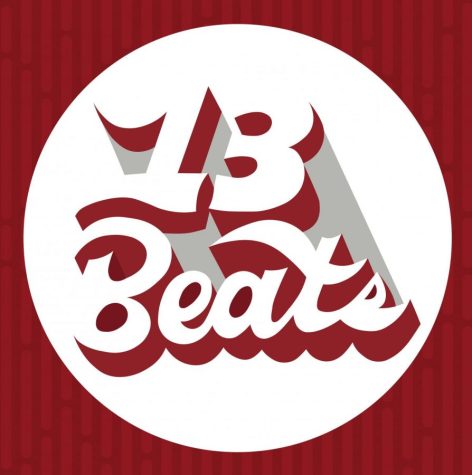Lyrical Blues

On March 1, in the midst of the flurry of snow and rain pouring down around us, the Colgate community had the pleasure of hosting award-winning poet Lyrae Van Clief-Stefanon as part of the English depart-ment’s annual Poetry and Lecture Series. For an hour and a half, students and faculty lis-tened as Stefanon read works from her two books of poetry, Black Swan, published in 2002, and Open Interval, published in 2009. Her work not only draws a lot of its influence from blues music and her humble beginnings in rural Florida, but also from her experienc-es in Central New York where she is an Assistant Professor of English at Cornell University.
Van Clief-Stefanon began by re-citing works from her first book, Black Swan, winner of the 2001 Cave Canem Poetry Prize. She noted that many of the poems in this col-lection were influenced by mythol-ogy. Her piece entitled “Helene” dealt with themes of black woman-hood and mourning, but also, she said, showed “women in myth in conversation with women from the Bible about rapes.” Ironically, she pointed out that her name, Lyrae – which is her given name and not a stage name, as many might assume – means “of lyric poetry” in Latin. As a child, she said, she was raised Pentecostal and was made to listen to the King James version of the Bible on cassette tapes, in ad-dition to all of Shakespeare’s plays, which nurtured her love for and appreciation of words. Perhaps this is also why she finds the performance aspect of the work so critical. She suggested that the sound of the poem is really what she listens for during the writing process, with each poem moving almost like the melody of a blues song.
Junior Rashaad Mubarak asserted, “her poetry invokes tremendous emotion and also provides a historical content, which prompts her audience to want to read and interpret her works even more.”
Moving on to her second collection of poems, Open Interval, Van Clief-Stefanon recited from a collection seemingly very similar in form and writing style to Black Swan but different in that it was influenced by her observations of the stars, constella-tions and chemistry. Van Clief-Stefanon considered the metaphor of the “RR Lyrae,” a constellation of pulsating stars. This compilation of work seems to pulsate as snippets of other poems and sonnets from work she admires peaks through her own writing.
The piece “Bop: The North Star, Auburn NY,” as many were delight-ed to hear, was inspired by the drive she takes regularly to and from a prison in Auburn, New York where she would pass by one of the homes that Harriet Tubman used as part of her route on the Underground Rail-road. The chance of her driving to a prison and having to pass by a place so symbolic of freedom seemed like a poem waiting to write itself.
This addition to the Poetry and Lec-ture Series was a welcome one, especially in the midst of suggestions that more performance poetry should be integrated into curriculum of English courses.
Contact Michellee Nelson at



